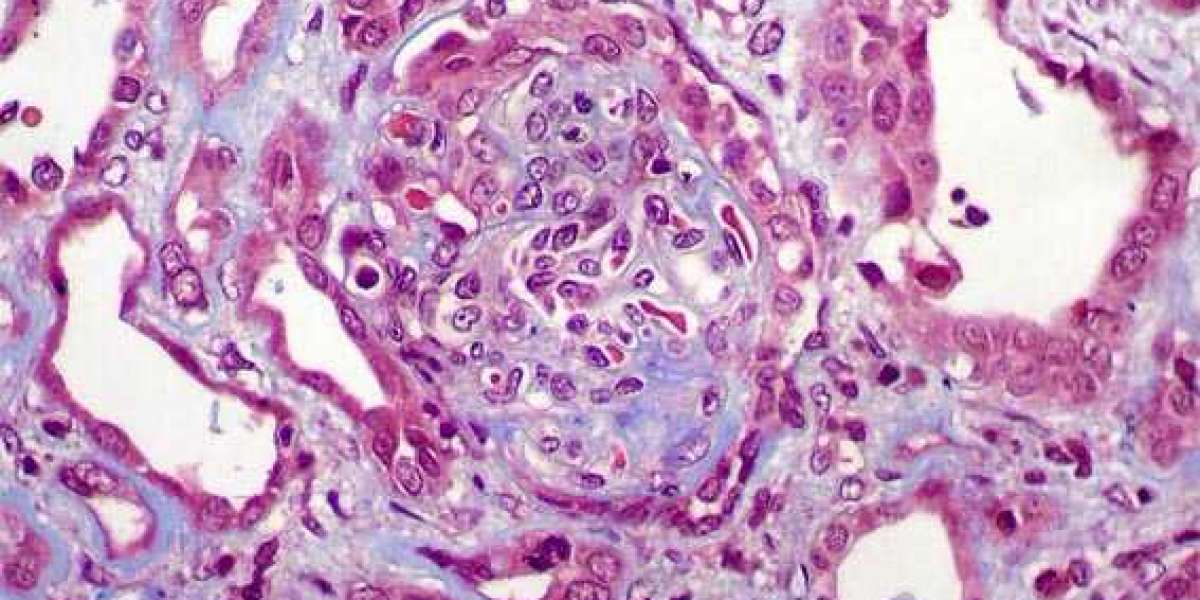Introduction
At Neph Cure Inc., we are dedicated to advancing the understanding and treatment of rare kidney diseases. This blog focuses on two critical topics: Infantile Nephrotic Syndrome and IgAN causes. By shedding light on these conditions, we aim to provide valuable information for patients, caregivers, and healthcare professionals.
Infantile Nephrotic Syndrome
Infantile Nephrotic Syndrome is a rare kidney disorder that typically presents within the first three months of life. It is characterized by severe protein loss in the urine, leading to a range of symptoms that can significantly impact an infant's health.
1. Severe Proteinuria: One of the hallmark symptoms of Infantile Nephrotic Syndrome is severe proteinuria, which is the presence of an excessive amount of protein in the urine. This can be detected through routine urine tests and is often one of the first signs of the condition.
2. Hypoalbuminemia: Due to the loss of protein in the urine, infants with this syndrome often have low levels of albumin in their blood, a condition known as hypoalbuminemia. This can lead to various complications, including poor growth and development.
3. Edema: Swelling, or edema, is a common symptom of Infantile Nephrotic Syndrome. It typically affects the face, abdomen, and limbs. The swelling is due to the low levels of albumin, which causes fluid to leak out of the blood vessels into the surrounding tissues.
4. Frequent Infections: Infants with this syndrome are more susceptible to infections. The loss of proteins that help fight infections makes them more vulnerable to illnesses, which can further complicate their condition.
5. Poor Growth: Due to the chronic loss of protein and other essential nutrients, infants with this syndrome may experience poor growth and developmental delays. This can affect their overall health and quality of life.
IgAN Causes
IgA Nephropathy (IgAN), also known as Berger's disease, is a kidney disorder caused by the buildup of the antibody immunoglobulin A (IgA) in the glomeruli. This buildup leads to inflammation and can affect the kidney's ability to filter waste from the blood. Understanding the causes of IgAN is essential for early diagnosis and effective management.
1. Genetic Factors: Genetic predisposition plays a significant role in the development of IgAN. Certain genetic mutations can affect the structure and function of IgA, leading to its abnormal deposition in the kidneys. A family history of the disease increases the risk of developing IgAN.
2. Immune System Abnormalities: Abnormalities in the immune system can contribute to the development of IgAN. The immune system may produce defective IgA antibodies that are prone to forming deposits in the glomeruli, causing inflammation and damage.
3. Infections: Infections, particularly respiratory and gastrointestinal infections, can trigger the onset or exacerbation of IgAN. The immune response to these infections can lead to increased production of IgA antibodies, which may deposit in the kidneys.
4. Environmental Factors: Environmental factors such as diet, lifestyle, and exposure to toxins can also play a role in the development of IgAN. These factors can influence the immune system and contribute to the disease's progression.
5. Autoimmune Conditions: IgAN is sometimes associated with other autoimmune conditions, such as celiac disease and rheumatoid arthritis. The presence of these conditions can increase the risk of developing IgAN.
Conclusion
At Neph Cure Inc., we are committed to raising awareness and providing support for individuals affected by Infantile Nephrotic Syndrome and IgA Nephropathy. By understanding the symptoms and underlying causes of these conditions, we can work towards better diagnosis, treatment, and ultimately, improved outcomes for patients and their families. Stay informed and join us in our mission to combat rare kidney diseases.



